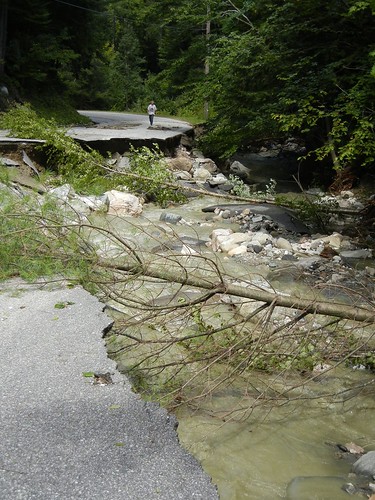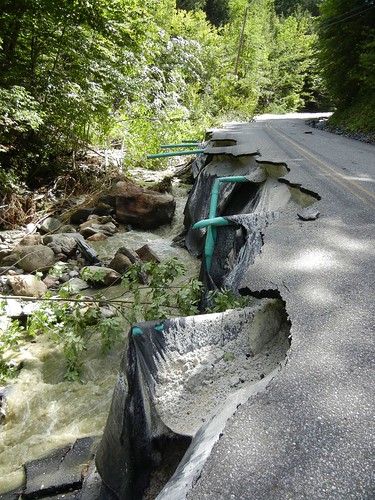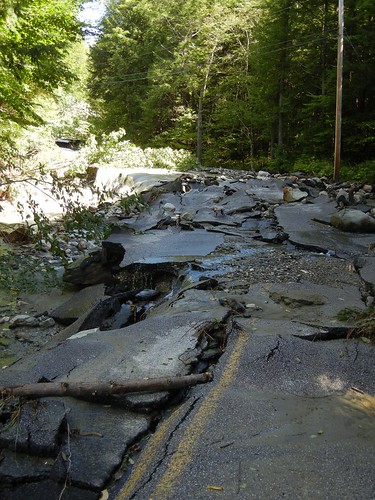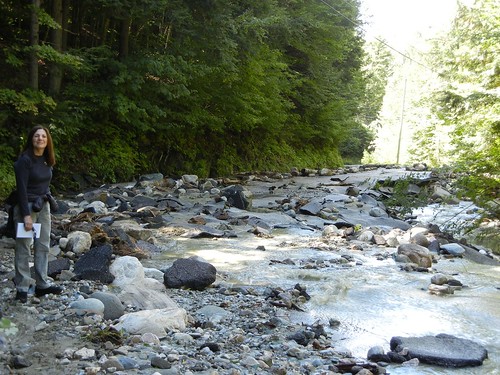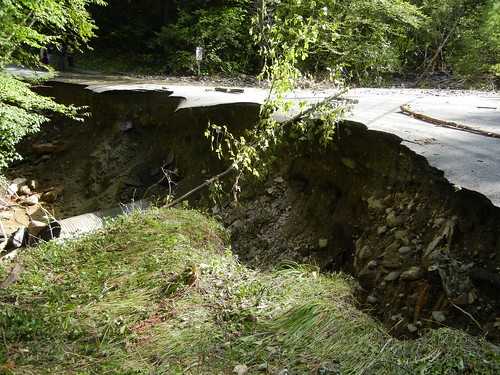riverc0il
New member
For what it is worth, by Tuesday the flooding was all but gone when the students moved in and all roads were back open. Monday was bat shit crazy around here. In many cases, you had to travel two or three exits in the wrong direction just to turn around and go back to another exit that was open. If you were trying to go anywhere between Ashland and Thornton on Monday and you didn't know the roads, you could easy drive over 20 miles between the exits trying to figure it out.
Based on what I saw on Monday, I don't think the flooding is the worst ever but definitely in the top three in the past century I would guess. Both gas stations off the Plymouth exit are shut down. I was surprised the Ice Hockey rink flooded as it was supposedly built to resist flooding because 175A floods so often.
It was a strange flood because it came and went so quickly. The more typical flood happens in the spring due to ice blockage and can flood for several days at a time though not as high. Any damage to the University was limited to the ground floor of the Ice Rink and P.E. center on the Holderness side. Plymouth side of the river was all high and dry excepting a wash out on Route 3 south of the town. Baker river was crazy high, only a foot or two short of the bridge it seemed on Monday.
